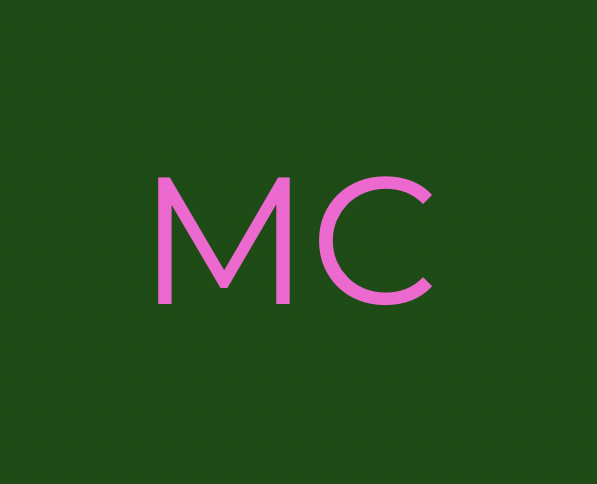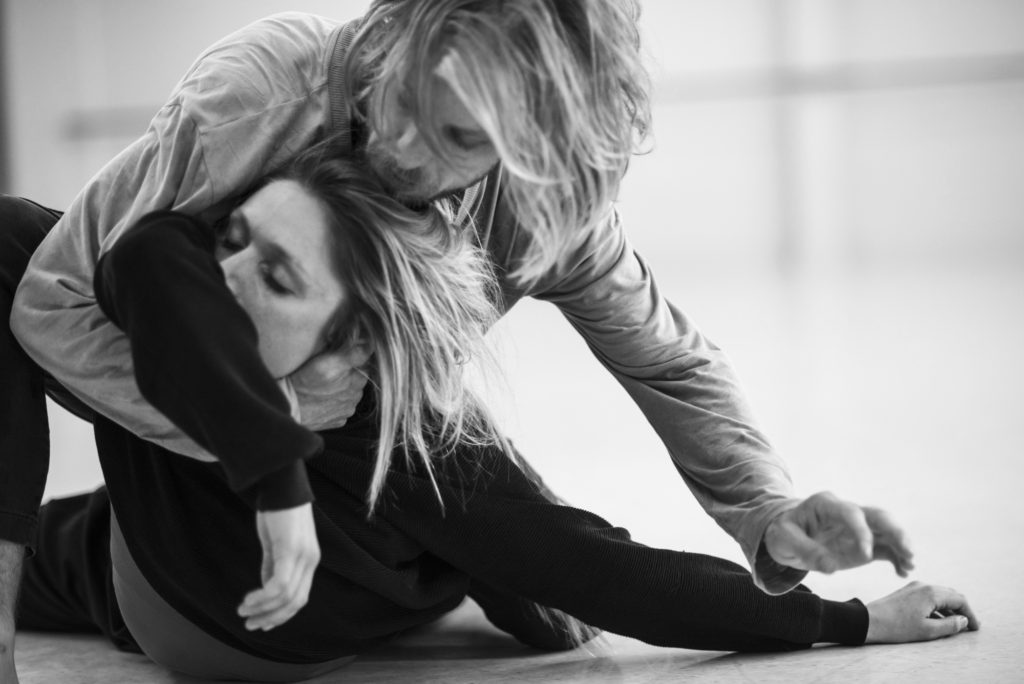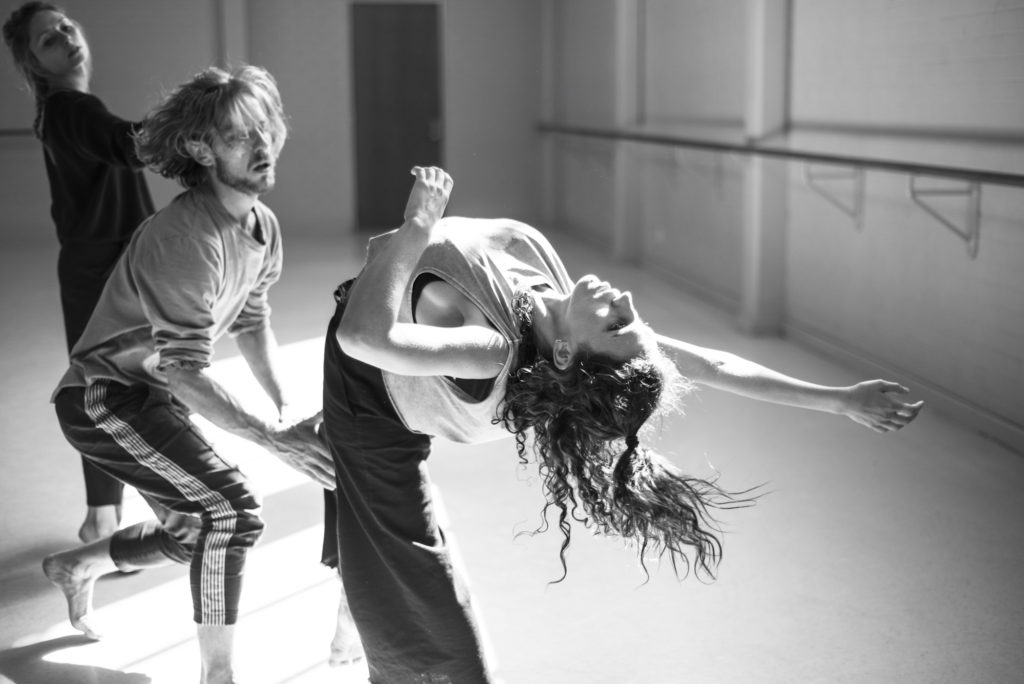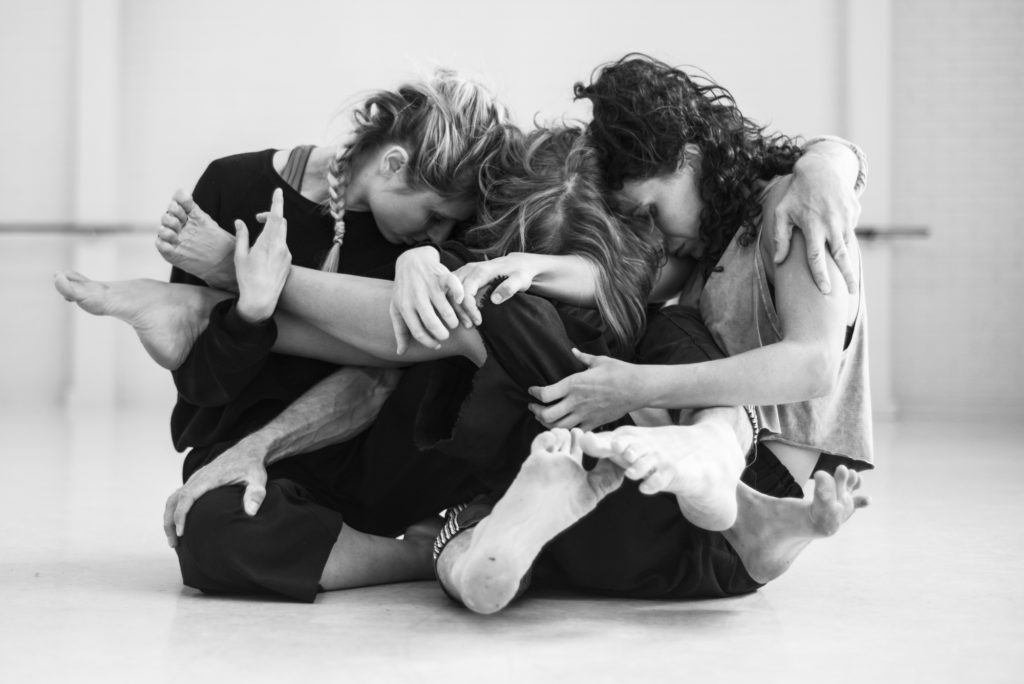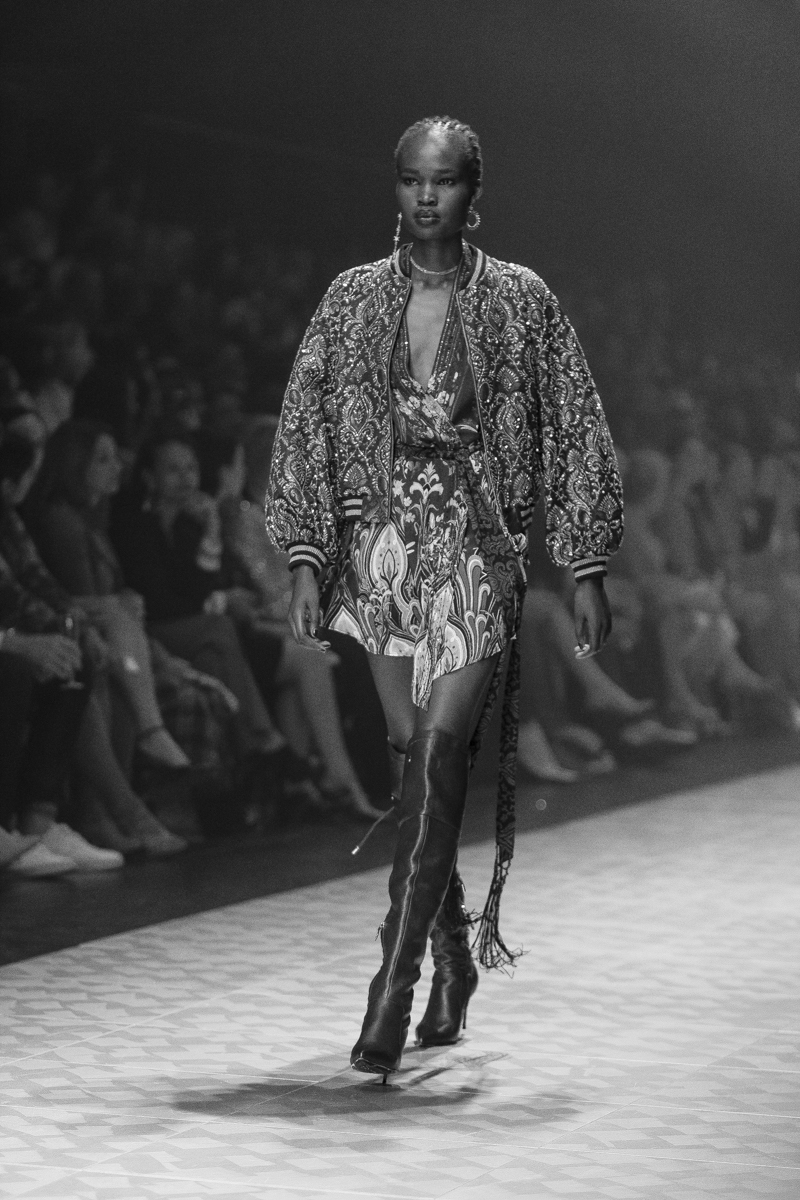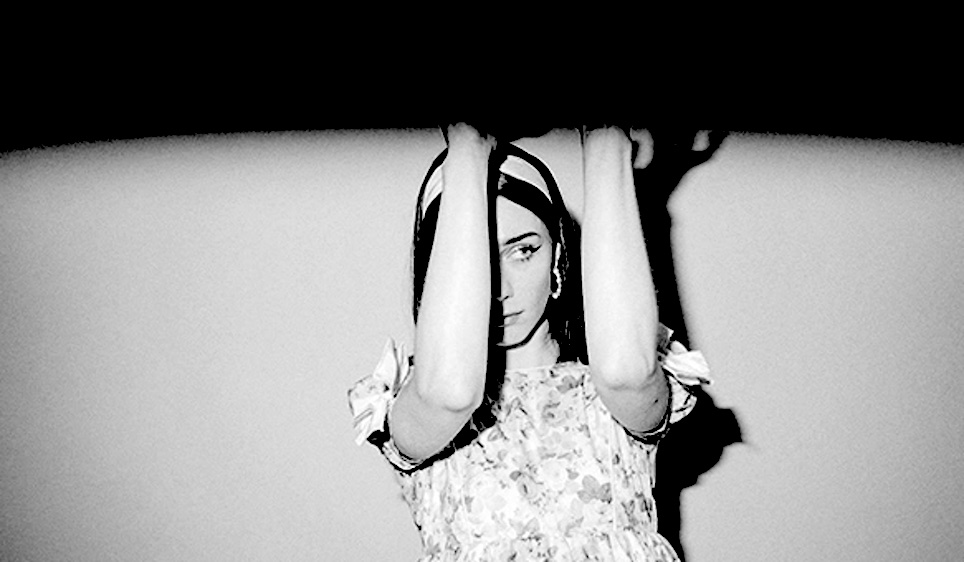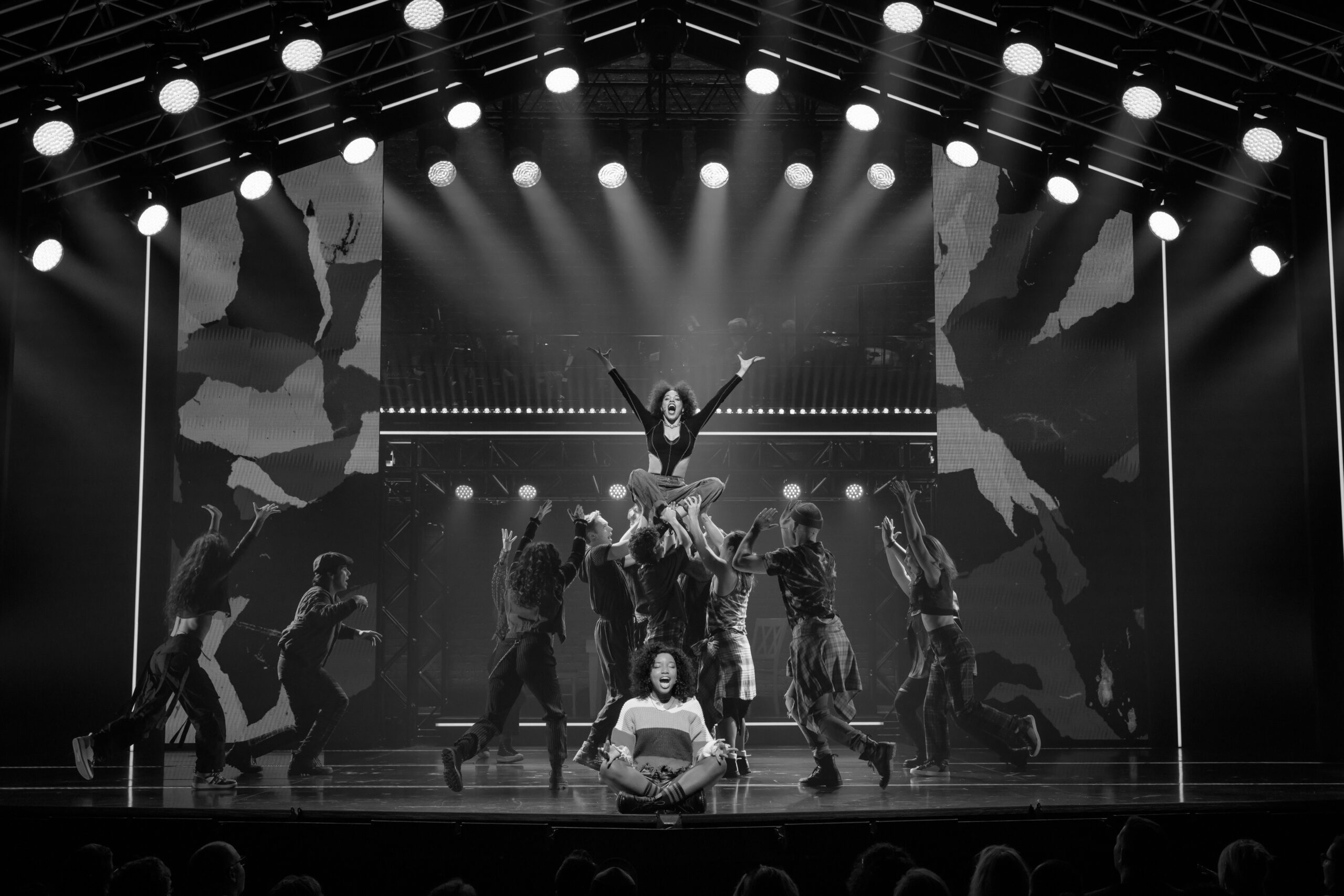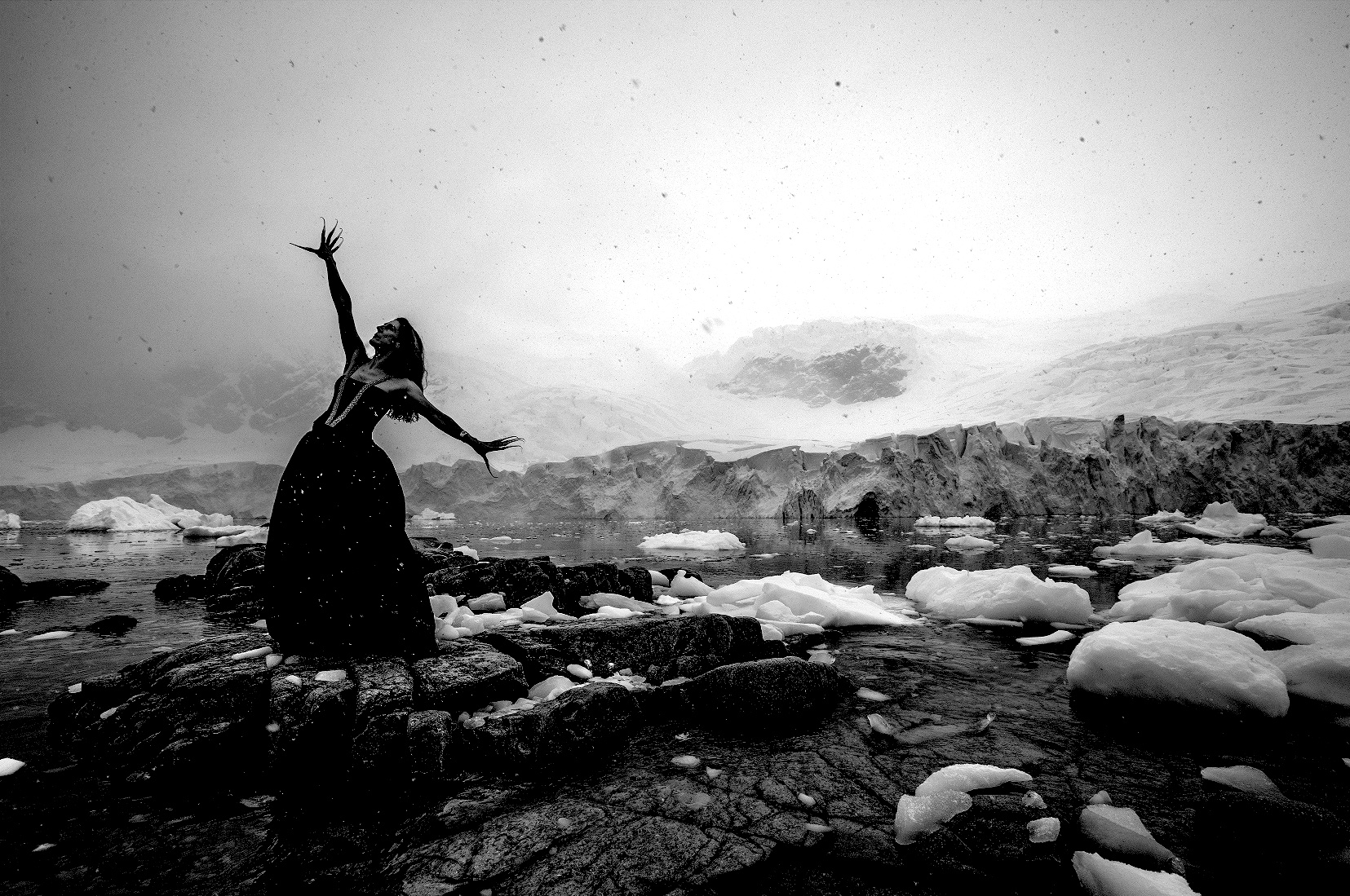STEPHANIE LAKE / SKELETON TREE
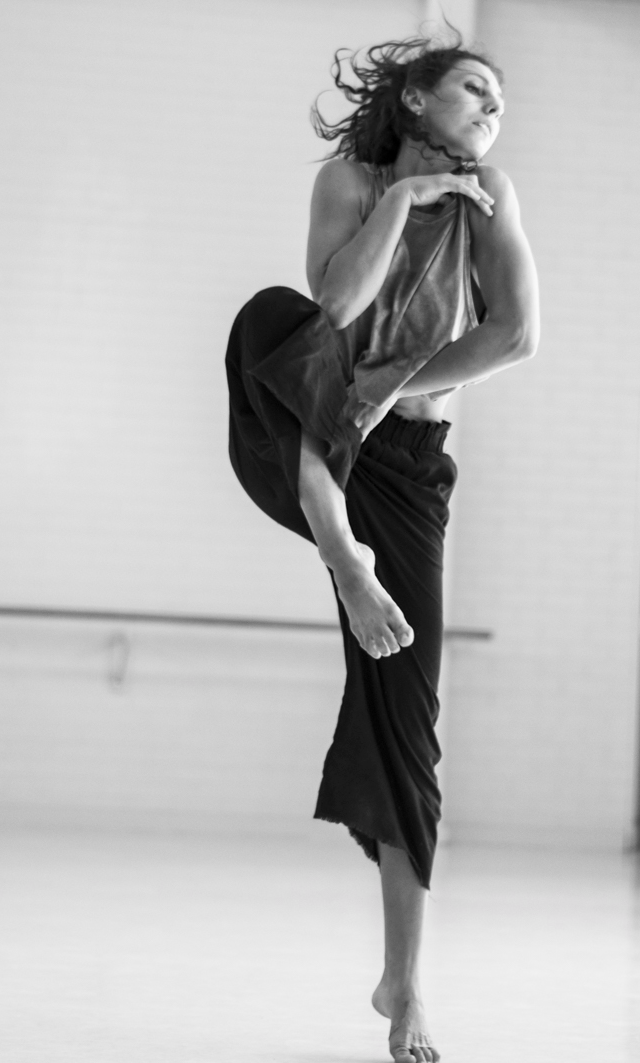
”I’ve lost people as most people have, but the thing is, I feel like a fraud, because I haven’t lost either of my parents nor my partner, I do fear it and I do think about my own death often. The passing of time is really present, everyone we know, everyone we love, will die. It makes me question why we do everything we do, we all turn to dust.”
On a sun drenched Wednesday afternoon, in an upstairs studio at the VCA dance school, three performers, wither and contort in jagged movement, fingers furl and unfurl- the choreography here bares all the hallmarks of great dance. These dancers fall under the watchful gaze of Stephanie Lake, who is in this room and, together, they are half way through the creative process for Skeleton Tree, her latest work
Skeleton Tree took inspiration from the Nick Cave album of the same name; it was originally thought of as being an album work, and we did our first development with that in mind. But now, we are working with different songs as like a funeral play list; it’s like a big emotional trip for the audience. Yes, Nick Cave is still in there, but there is a whole lot of different musical genres, it’s a bit of a departure for me, but when I was younger I used to work with song in that way.
The big challenge, for me, is working out what we are trying to say, and the journey that we will be taking audiences on; whenever I create work the audiences’ experience of the work is always at the front of my mind. Coming off the back of my last work, Colossus which was big in every way it’s really great, once again, to be able to work with small details and really specific movements. I knew I wanted this work to have a small cast, but not just with two dancers, because the moment you just place two dancers on stage the audience will always, always read into it a relationship. So, I thought of three dancers, and then ideas of heaven and hell and the space between, started to form.
I feel like this is much more of a return for me to choreography that is all together emotional. I’m totally scared by it, scared of doing something which is sentimental, I’m out of my comfort zone here in this work. But to do that, to experiment, to take a risk, to step out, is an important growth in any artist.
With such, for want of a better word, dark, material at the centre of Skeleton Tree, a curiosity presents itself, is this work only interested and embracive of the macabre?
It’s funny because it is not morbid at all, which was my hope. I wanted to look at the topic and of course have those moments of complete and utter sadness along side pathos and deep feeling, but I also wanted there to be moments of celebration and even humour, all of those feelings associated with death, because it’s not always sad is it? Death can make us feel those deepest feelings at both ends of the spectrum; I wanted this work to plug into it all, to be across the whole gamut.
What else presented itself in rehearsals that Wednesday, was a teetering across to areas of ritual and ceremony, there was a tender expressiveness, a sense of adoption from other cultures, as a way of making up for what we in The West perhaps lack.
We were talking a bit about something earlier in rehearsals and we centered on there being so few ceremonies or rights, that mark the passing of time. When we get to death, if it happens in old age, we are not really equipped with an understanding of what to do, or the ritual around it. Other cultures do this really well, it’s much more formalised or public and, there are elements of that which have crept into the work. I do want there to be a sense of ceremony and be able to explore how we deal with the body after death.
Does Stephanie Lake believe in the power of dance as a mediator in more difficult emotional terrain?
I do, I’m a great believer in the potency of dance to speak quite accurately about emotional states, psychological states. It’s kind of absurd to be trying to express something without saying it, it’s always a bit of a battle for me, why are we trying to make dance about something, because it is such an inefficient way of communicating. However, when done well, dance is especially good at articulating our feelings, it’s that pure physical association, because we all have these bodies that move and that we are housed in, until we are not.
More info? Click here.
